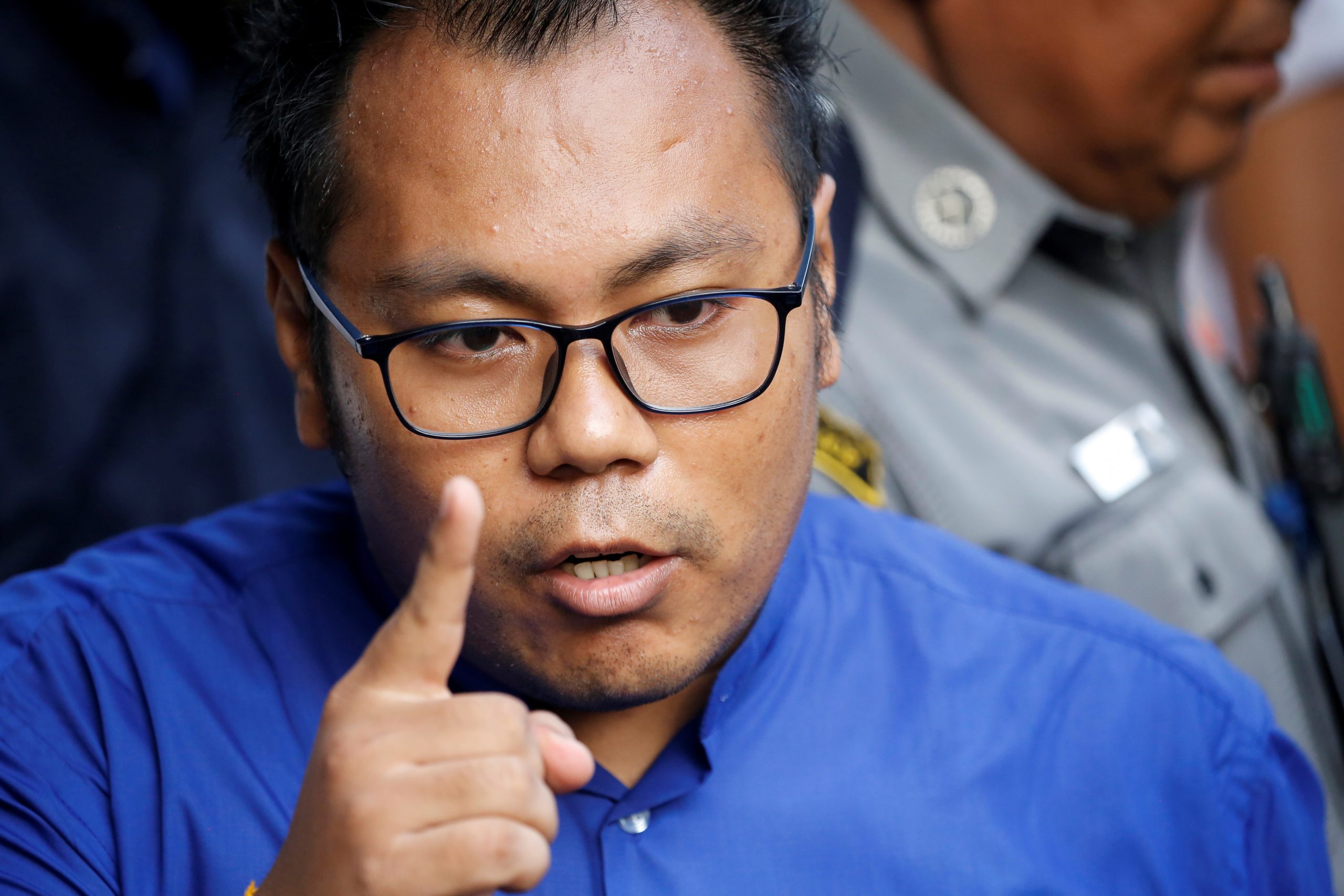The Clooney Foundation for Justice’s TrialWatch initiative monitored the trial in Myanmar of seven members of the Peacock Generation Troupe, a satirical performance group.
Six of the seven defendants were convicted of violating Section 505(a) of the Myanmar Penal Code, which criminalizes “[w]hoever makes, publishes or circulates any statement . . . with intent to cause, or which is likely to cause, [anyone] . . . in the Army . . . to mutiny or otherwise disregard or fail in his duty as such.” Charges of violating Article 66(d) of the Telecommunications Law, which criminalizes “defaming . . . any person using a telecommunications network,” remain pending.
Five of the seven defendants had previously been convicted of the same offense by a different court and further, similar charges are pending in other courts. The defendants who were convicted were sentenced to one year in prison, with their sentences to run concurrently with the sentences imposed for their prior convictions.
These convictions violate the right to freedom of expression. Indeed, the UN Human Rights Committee has explained that “States parties should not prohibit criticism of institutions, such as the army.” Moreover, there was no evidence presented to show either that the defendants intended anything other than what one defendant called “constructive criticism” — or that their performances were likely to cause mutiny. Rather, a parade of witnesses simply made conclusory statements such as “I watched the performance (online) and I am discontented with it,” as one military officer put it in his evidence to the court.
As defense counsel explained during closing arguments: “we all have [the] right to speak out . . . and my clients should not be punish[ed] for that.”
Background
The defendants had engaged in a traditional satirical performance — Thangyat – during which performers “freely criticize everything from politics to social behavior.” During their performance, the defendants had in particular mocked the Burmese constitutional provision that allocates 25% of the seats in Parliament to the military and had suggested that members of the military might face prosecution before the International Criminal Court. One of the defendants explained that their intent had been “only to advocate for the amendment of the Constitution and to make the army quit the political arena” and asserted that “we do not have any scheme to disunite the Tatmadaw [military].”¹ Another defendant testified that they did not have “any intention as described in the [penal code].”² Further, one of the defendants noted that they had put on similar performances during the six prior years, without incident.
Even taking Section 505(a) on its own terms, there was little evidence adduced at trial that the defendants’ performance had had an effect on the military or that the defendants had intended such an effect. Military witnesses, for instance, acknowledged that even though no mutiny had occurred, and they could not know the defendants’ intent, “complaints should not be made only when mutiny happens; it is a preventive measure before mutiny actually happens.”³
Further, five of the seven defendants were convicted by a different court in Myanmar for violating Section 505(a) with their Thangyat. This raises questions regarding whether the defendants are being punished twice for a continuing course of conduct.
Update as of August 14, 2020: The Fairness Report has been released.
¹ Trial Monitor’s Notes, September 30, 2019.
² Trial Monitor’s Notes, October 29, 2019.
³ Trial Monitor’s Notes, September 2, 2019.
